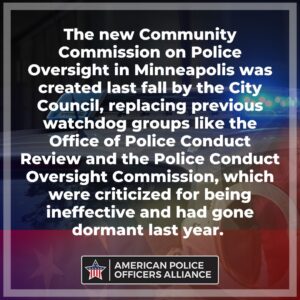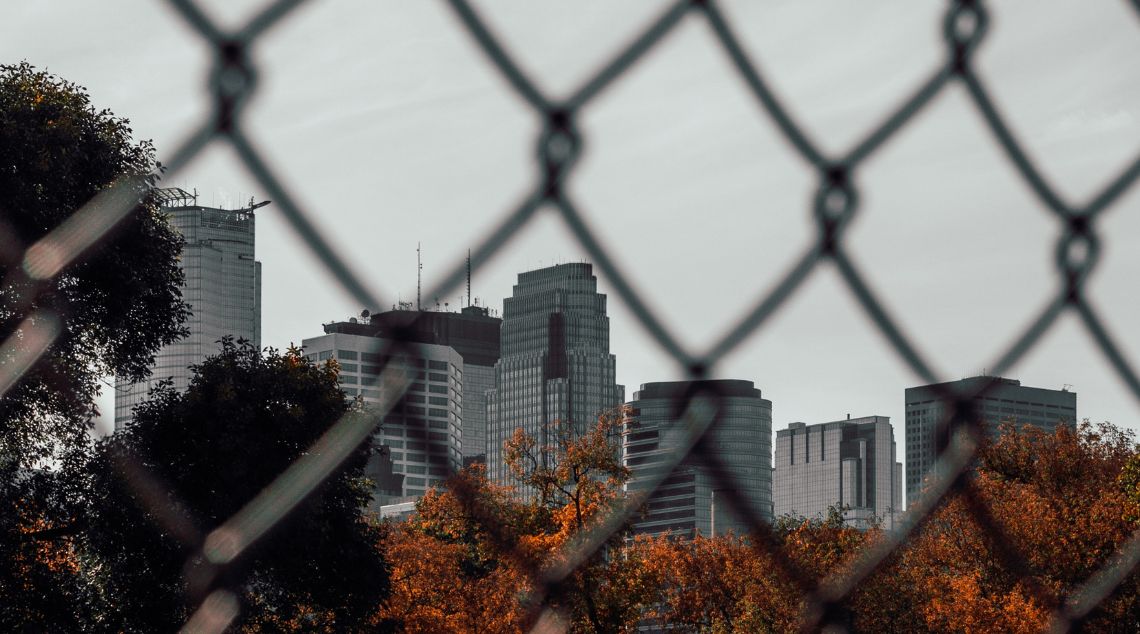The city of Minneapolis has been grappling with issues of police accountability and reform since George Floyd’s death in May 2020. One of the key initiatives aimed at increasing police oversight in the city is the creation of the Minneapolis Police Oversight Commission.
The commission is tasked with overseeing the Minneapolis Police Department and ensuring that it operates in a manner that is consistent with community values and expectations. It has 13 members who are appointed by the mayor and approved by the city council.
Recently, the commission received a record 160 applications from individuals interested in serving on the commission. This high level of interest is a reflection of the community’s desire to have a say in how policing is conducted in their city.
New Minneapolis Community Commission on Police Oversight

The new Community Commission on Police Oversight was created last fall by the City Council, replacing previous watchdog groups like the Office of Police Conduct Review and the Police Conduct Oversight Commission, which were criticized for being ineffective and had gone dormant last year.
The new commission is expected to improve the relationship between the police department and the community. The new commission’s responsibilities include reviewing and making recommendations on police policies and procedures, conducting investigations into police misconduct, and making disciplinary recommendations to the police chief.
The commission is also responsible for ensuring that the police department is transparent and accountable to the public.
The Importance of Fair and Impartial Oversight
The effectiveness and fairness of police oversight boards have been under scrutiny for years. One of the main concerns is the potential for bias or lack of independence among board members. Many oversight boards in various jurisdictions are appointed by the mayor or other elected officials, which may result in board members lacking the necessary independence to arbitrate discipline in an impartial manner. In such cases, board members may feel pressure to side with the city administration or police department to avoid backlash or political repercussions.
For example, the Los Angeles police oversight board, composed of attorneys and mediators, has been criticized for officers with higher ranks receiving more favorable disciplinary decisions compared to lower-ranking officers.
Similarly, the New York City police oversight board has been criticized for inconsistent discipline, with department commanders rejecting 90% of the board’s disciplinary findings in 2012. These issues have led to calls for more independent and impartial oversight boards.
While activists will claim that police oversight boards are crucial for ensuring transparency and accountability in policing, it is important to address concerns of bias. Disciplinary decisions must be based on facts and evidence, rather than political or personal motivations. The success of the new Minneapolis police oversight commission will depend on its ability to remain independent and impartial, to provide a fair and equitable system of police accountability.
Image Credit: Photo by Weston M on Unsplash










